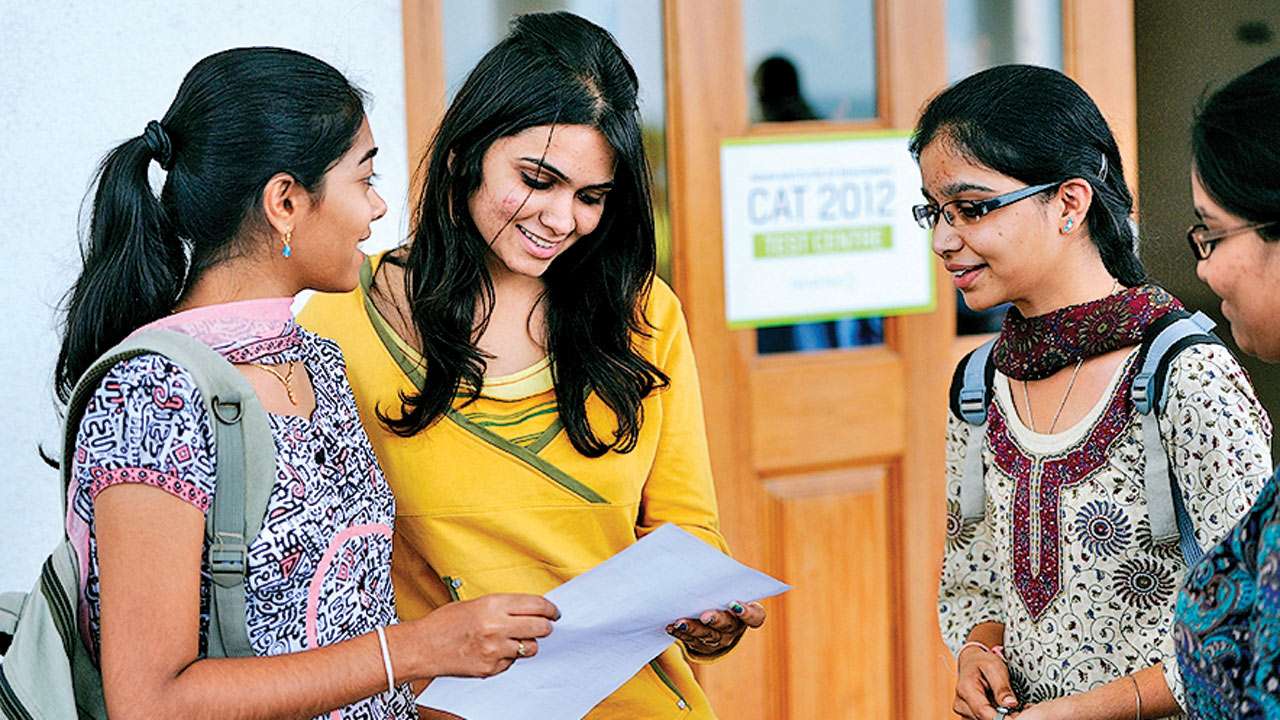
The Common Admission Test (CAT) 2018, the most prestigious exam for MBA aspirants in India will be held today. Interestingly, out of the total 2.41 lakh aspirants, there are eight transgender persons and 84,350 women, the highest in recent times who have registered. Last year, 2.29 lakh people had registered for the CAT.
Talking about the figures and exams, CAT 2018 convenor Dr Sumanta Basu, IIM Calcutta said, "We are looking for a paper that identifies candidates suitable for management discipline. It may be inappropriate to categorise it easy or difficult based on subjective evaluation."
Thanks to a number of factors, CAT has ceased to be the arduous exam it once was. The hunt to bring in more non-engineers and women has made the exam move away from a heavy dependence on Quant as a subject.
Over the years, the IIMs have stressed on 'diversity' and to keep 'engineers' at bay have changed paper patterns. The IIMs also started reserving seats for women. The IIM Kozhikode (IIMK) was the first to do that. In 2013, 54 per cent of students in its PGP programme were women. IIMK has decided to create 60 extra seats for women in 2018. This year, the IITs also created 800 more seats to improve their gender diversity. IIM Trichy is another IIM that had an almost 50:50 ratio for both the genders.
Professor Upam Makhecha, chairperson media relations for IIM Trichy told DNA that the institute is looking for better gender diversity across all streams. "We like to encourage BSc, CA, doctors etc and more women in the class along with engineers. That makes class debates healthy and Aspirants are happy that the Centre has pushed for more IIMs across the country. Currently, there are 20 IIMS. However, many of the new IIMs even after five years of operation still work on temporary campus without proper facilities. As a result, many students have opted out or taken a drop and gone to non-IIM institutes. Exorbitant fee is another factor that made the CAT exam not so attractive over the years. Many students felt that shelling out Rs 13-19 lakh for a two-year MBA or Rs 20 lakh plus for an Executive MBA course did not make sense.
V K Menon CEO, S P Jain School of Global Management said that the MBA story in India is at an inflection point. "There are more MBA schools, more global ones, and an explosion in the online education space. Many organisations are relooking at their intake options, leading to a growth in demand. Leading entrance exams like CAT and GMAT are bound to catch the tailwind."